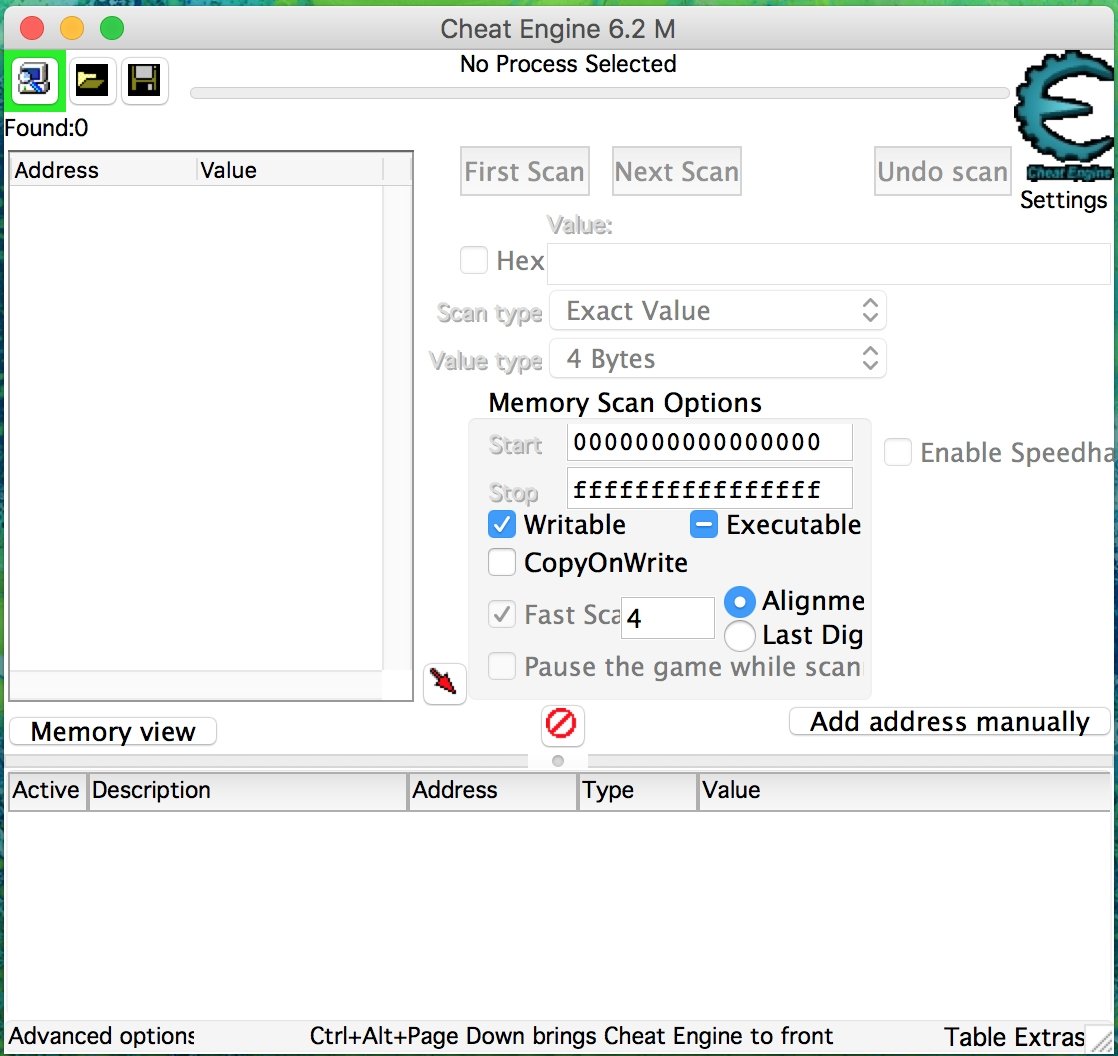

WriteFile := GetProcAddress(hmod, 'WriteFile') ĬloseHandle := GetProcAddress(hmod, 'CloseHandle') OpenFile := GetProcAddress(hmod, 'OpenFile') Load Functions Addresses from kernel 32 dll OpenFile, WriteFile, CloseHandle : pointer I've tried some stuff and this seems to work just fine: which is limited to 128bytes filepath length i guess)). I got it working within delphi/lazarus (loading the functions you mentioned from kernel32.dll (used openfile. So I thought It'd be faster if I just let CE write debug files for me. Debugging the dll itself usually takes a while for me. I think always writing a dll for small debug stuff takes too much time. Note: you don't have to declare myfunction in the script, you can declare it in the main lua script as well If you wish to call this from inside lua you just need to call it with

Newmem: //this is allocated memory, you have read,write,execute access When done EAX will contain the result of the lua function push addresstostringwithfunction //(The lua function will have access to the variable passed by name "parameter") Print("Do something with ".string.format("%x", param))Ĭall CELUA_Initialize //this function is defined in the luaclient dll
#Increlution cheat engine code#
The actual script starts from "alloc(newmem,128) " the stuff before it is generic initialization code generated by the call ce lua function template (with the exception of the part )įunction myfunction(param) -create a global function called myfunction It saves the EBX register and passed it on to myfunction That way you can read the file while it's being writtenĪnyhow, here is an example of an auto assembler script that calls lua when the hit me button has been clicked.
#Increlution cheat engine windows#
I am not sure how it's detected but I would be going with idea that the game probably spots the DLL getting injected.You could just do a normal code injection and use the windows api (or dll injection) to store the value of esi to a file that has no share deny attributes.

Gettimeofday_orig=(go)dlsym(RTLD_NEXT,"gettimeofday") In the source code, you can see how the author modified a similar system call for Linux (" gettimeofday()") for this.

SpeedHacking, in general, works by injecting code into the running process and hacking the timing functions to return sped-up / slowed-down "ticks" to modify the program's running speed.Īlthough, I can't be sure how exactly CE achieved this (the source code is pretty hard to understand) but another programmer pulled off a similar thing ( video) on Linux. On Windows, " GetTickCount()" is usually used for this which returns number of milliseconds passed since the Windows has been up ("If no of milliseconds passed since the last tick count is more than 16ms, render a new frame else continue."). Computer games often need to render 60 frames / second and to make this happen they need to call the rendering function every 16.6ms. According to this page, there are around 480+ system calls in Windows NT kernel.įor any purpose that deals with the hardware, programs usually resort to system calls because that's what OS does best and one of these things happen to be knowing time. Each OS has a different set of calls but often they do similar things like - allocating memory, reading and writing files, or handling processes. :)Ī computer program usually communicates with the kernel using predefined functions called system calls. Three years later, I think I know enough to answer my own question.


 0 kommentar(er)
0 kommentar(er)
